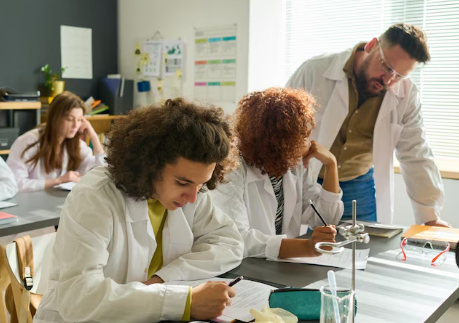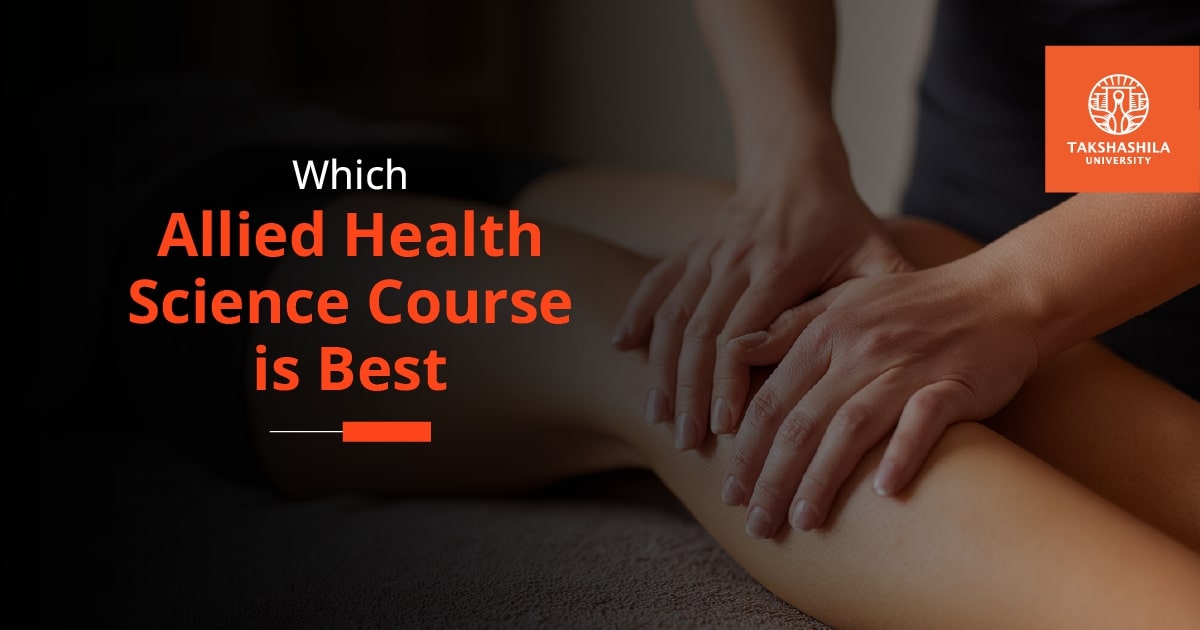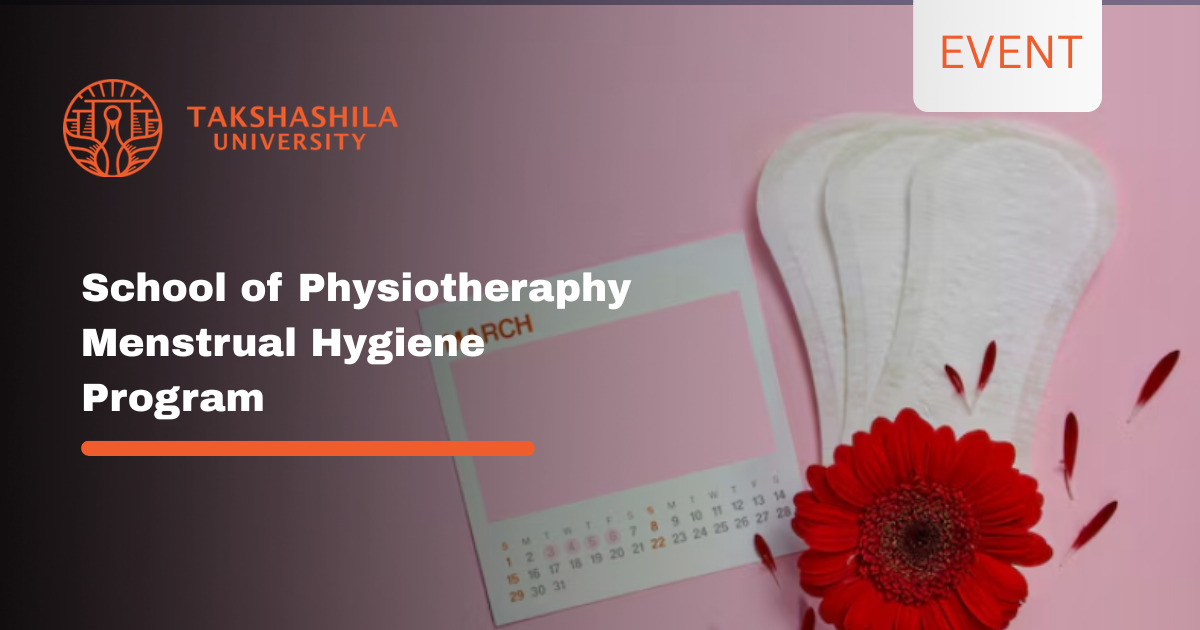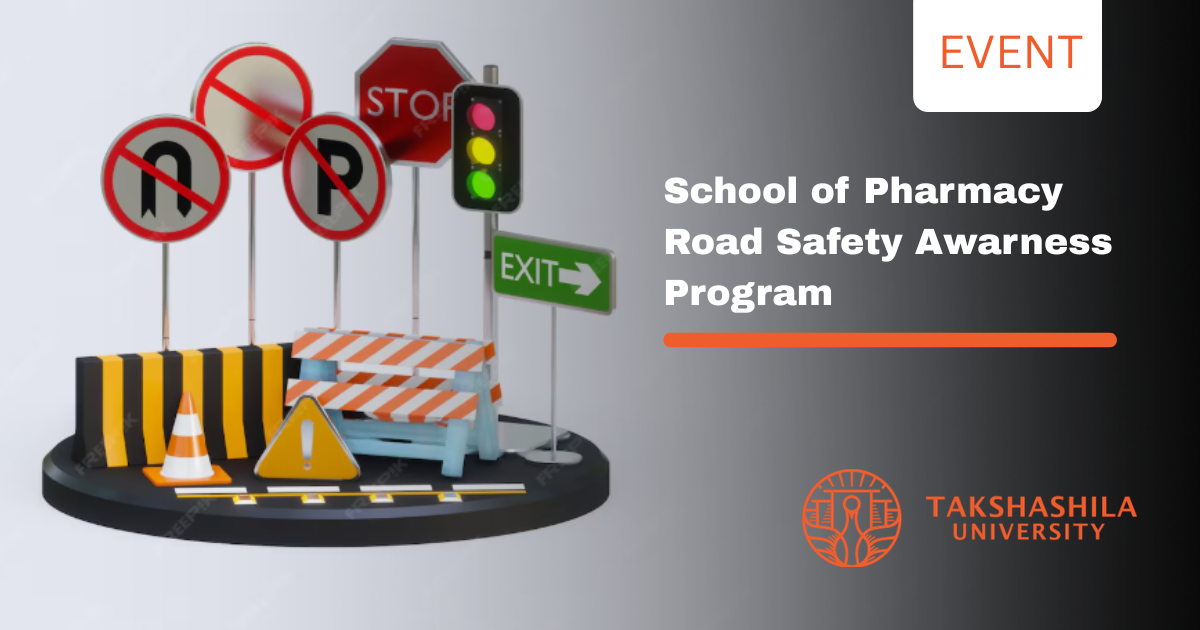Summary
The Allied Health Sciences is a coalition of many healthcare professions. Allied Health Professionals are responsible for assisting in the aid and effectiveness of healthcare systems. This blog overviews popular Allied Health Science courses and their curriculum to help you choose the best AHS course that aligns with your skills and interests.

What is Allied Health Science?
Allied Health Science is a new healthcare approach that trains healthcare workers who are responsible for collaborating with doctors and nurses in treatment.
Graduates of AHS are not doctors or nurses; they serve ancillary roles that assist doctors and nurses in carrying out effective treatment, diagnostics, and other functions. They also focus on illness prevention, patient recovery, and disease detection and treatment.
What do Allied Health Professionals do?
Allied Health Science professionals work in collaboration with doctors and nurses to provide quality treatment for patients. Let’s look at how AHS professionals elevate the healthcare systems;
- Diagnostic services offered by radiologic technologists and medical laboratory technologists provide accurate diagnoses through tests and analyses.
- Physical therapists, speech-language pathologists, and occupational therapists provide therapeutic services.
- Support patient care and office activities include medical assistants and health information technicians.
- Rehabilitation counsellors and physical therapists help by providing patients with the best treatment for recovery.
- Paramedics and emergency medical technicians provide emergency medical care.
- Dietitians and nutritionists are crucial for dietary consultation and nutrition therapy.
Which Allied Health Science Course is Best?
Allied Health Science is a large umbrella that houses many different areas of supportive medical care.
Which AHS program is best? The answer to that question depends on your aptitude and interests. The following list has some of the most popular Allied Health Science programs available in India. Let’s take a closer look at each program below, including its job prospects and how it has shaped today’s healthcare landscape.
1/ Medical Laboratory Technology (MLT)
The world is experiencing an increasing demand for medical diagnostics and skilled MLTs in hospitals, medical laboratories and clinics. In this course, students will learn how Medical Laboratory technologists (MLT) work to analyse blood, tissues and body fluids to identify and diagnose various medical conditions.
Specialisations: Haematology, microbiology, and molecular biology.
Curriculum: Haematology, microbiology, clinical chemistry, immunology, pathology, laboratory management and diagnostic techniques.
2/ Radiologic Technology (RT)
Radiologic Technology focuses on developing expertise in advanced imaging technologies with X-rays, MRIs and CT scans. RT focuses on direct patient care, with technicians employed in hospitals, outpatient centres, and diagnostic imaging centres.
Specialisations: MRI, CT and mammography
Curriculum: Human anatomy, physiology, chemistry, microbiology, pharmacology, and respiratory care practices
3/ Occupational Therapy (OT)
Occupational therapy targets patients with injury or disability and aids these patients in regaining daily life and working skills. It is an emerging profession with growing acceptance in the medical care community.
OT careers will continue to be strong jobs because of the rise in ageing populations and demand for various health services,
Specialisations: medical sciences, human development therapeutic techniques, and psychology of disability.
Curriculum: anatomy, neuroscience, psychology, kinesiology, therapeutic techniques, mental health, paediatric and geriatric care, clinical practice, and ethics.
4/ Physical Therapy (PT)
Physical therapists help patients reach their full potential by using specific exercises and therapies to improve mobility and decrease pain caused by injury or surgery. This leads to a wide variety of careers in hospitals, outpatient clinics, sports facilities and private practices.
Specialisation: orthopaedics, sports and neurology
Curriculum: anatomy, physiology, biomechanics, therapeutic exercises, patient assessment, manual therapy and clinical practice
5/ Respiratory Therapy (RT)
This program aims to address patients with respiratory or breathing problems. These issues can be critical in acute care and emergency settings. RT specialists care for patients of all ages. They also work in intensive care units and pulmonary rehabilitation centres.
RT is a high-demand career with the rise of respiratory illnesses, including COPD and asthma.
Specialisations: Critical Care Pulmonary Rehabilitation, Sleep Disorders, and other respiratory issues.
Curriculum: anatomy, patient positioning, examination techniques, equipment protocols, radiation safety and patient care.
6/ Speech-Language Pathology (SLP)
Speech-language pathology is a profession that falls in the spheres of both healthcare and academics. SLP specialists are responsible for evaluating, treating, and preventing disorders related to communication.
Specialisations: Clinical practice, academic speech therapy, post-op speech therapy, etc.
Curriculum: anatomy and physiology of speech, hearing mechanisms, and understanding pathology phonetics in depth.
7/ Dietetics and Nutrition
Dietetics and nutrition is the practice of utilising diet to promote health for disease prevention and management. The program focuses on maintaining well-being in order to prevent diseases by observing proper nutrition and diet.
Specialisations: they can work in clinical settings, community health programs, or private practice
Curriculum: nutrition, diet therapy, food service management/operations, research physiology of human organ systems along with microbiology and chemistry.
8/ Emergency Medical Services (EMS)
There has been a steady demand for EMS professionals. The program is designed to prepare individuals to respond to emergency medical situations. EMS offers a dynamic work environment in emergency settings like ambulances, helicopters and emergency rooms.
These professionals provide critical care and transport for patients. They work closely with other healthcare providers and first responders.
Specialisations: paramedics and emergency medical technicians (EMTs)
Curriculum: anatomy, physiology, medical emergencies, trauma care, patient assessment, CPR, field internships, and more.
9/ Optometry
Optometry is a field that focuses on caring for the visual system. Optometrists are responsible for diagnosing, treating and managing eye disorders and illnesses. Optometrists are specially trained to prescribe corrective lenses, diagnose eye conditions, and provide treatments for various eye health issues.
Specialisations: Pediatric Optometry, Geriatric Optometry, Orthokeratology (Ortho-K), etc.
Curriculum: vision science, clinical practice, ocular diseases, optics pharmacology, patient care, contact lens fitting, etc.
10/ Cardiac Care Technology
Cardiac Care Technology involves diagnosing and treating heart conditions using specialised equipment. Cardiac Care technologists work in hospitals, clinics and cardiac care units. They collaborate with cardiologists and healthcare teams. Their work ensures accurate diagnosis and effective treatment of cardiac patients.
Specialisations: echocardiography, electrophysiology, invasive cardiology etc.
Curriculum: anatomy, physiology, ECG interpretation, cardiac monitoring, catheterisation, emergency care, pharmacology, and patient management.
Takshashila University: The Best University for Allied Health Science
Takshashila University stands out as the best institution in Tamil Nadu, where you can pursue your Allied Health Science degree. Situated in Ongur, Tamil Nadu, the university is affiliated with the renowned Sri Manakula Vinayagar and Mailam Group of Institutions, offering top-notch education for more than 25 years.
Allied Health Science plays a crucial role in shaping contemporary health conditions. The undergraduate healthcare course spans 3 years and offers top-notch learning opportunities for students.
With advancements in technology and research, medical science has diversified into multiple specialities, each requiring significant time and commitment to excel.
The courses offered by Takshashila University in the School of Allied Health Sciences include;
- B.Sc. Medical Lab Technology
- B.Sc. Cardiology Technology
- B.Sc. Cardiac Perfusion Technology
- B.Sc Optometry Technology
- B.Sc. Operation Theatre And Anaesthesia
- B.Sc. Radiography And Imaging Technology
- B.Sc. Physician Assistant
Takshashila University of Allied Health Science aims to meet the educational requirements of a diverse student population through quality teaching and learning, leading to the success of graduates and the progress of society.
Takeaway
Allied Health Science courses cover a wide range of topics that lead to countless career opportunities.
As the healthcare field keeps changing, we expect to see more openings for trained allied health workers, which will widen the career scope of the field.
Takshashila University of Allied Health Science offers many Allied Health Science courses with top-quality education that covers a wide berth of impactful areas of medical science.
Join Takshashila University and embark on a journey of intellectual exploration, personal growth, and professional transformation!
FAQs
1/Who is qualified to enrol in an Allied Health Science program?
Students who want to enrol in Allied Health Science programs need to be from the science stream and have Biology as a subject.
2/ What are 5 job profiles and designations for someone with a B.Sc. in Allied Health Science?
The career pathways after B.Sc. Allied Health Science is diverse, which includes;
- Clinical Research Associates
- Medical Writers
- Clinical Data Coordinators
- Drug Development Associate
- Business Development Manager
3/ What are the future trends and innovations of Allied Health Science?
Future trends in AHS include expanding telehealth and telemedicine, advanced diagnostic techniques, integrated healthcare systems, preventive care, and health informatics integrating IT and data analysis in healthcare.
4/ What is the best Allied Health Science career choice for me?
Take into account your passions, talents, and objectives for your professional journey. Explore various careers, communicate with experts in the industry, and observe healthcare providers to obtain real-world experience.
5/ What skills are important for Allied Health Science professionals?
Allied Health Science professionals must have strong communication, technical, and problem-solving skills, along with empathy and compassion. Effective communication, proficiency in medical technology, analytical thinking, and patient care are essential in this role.






